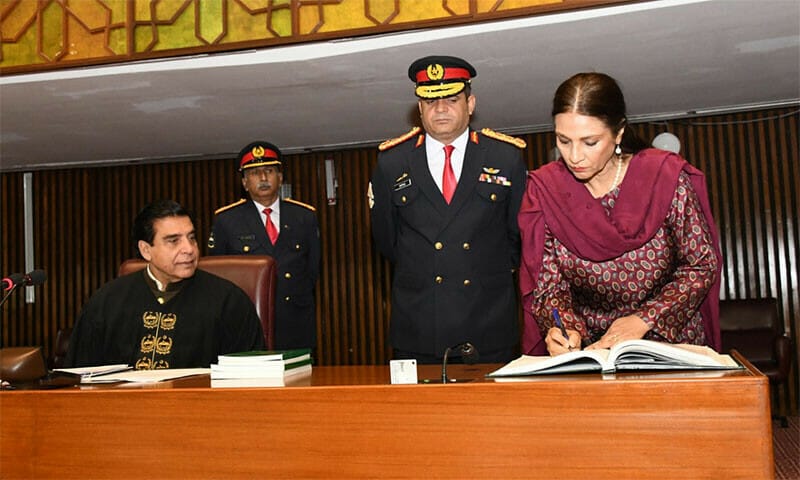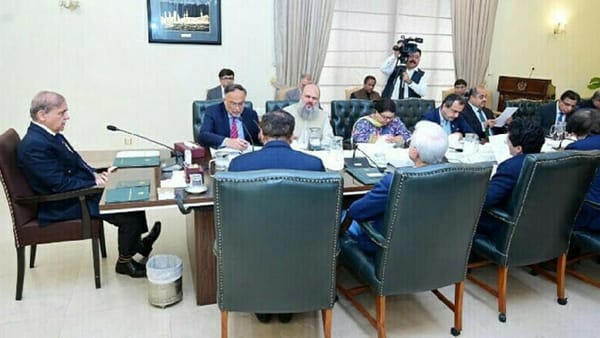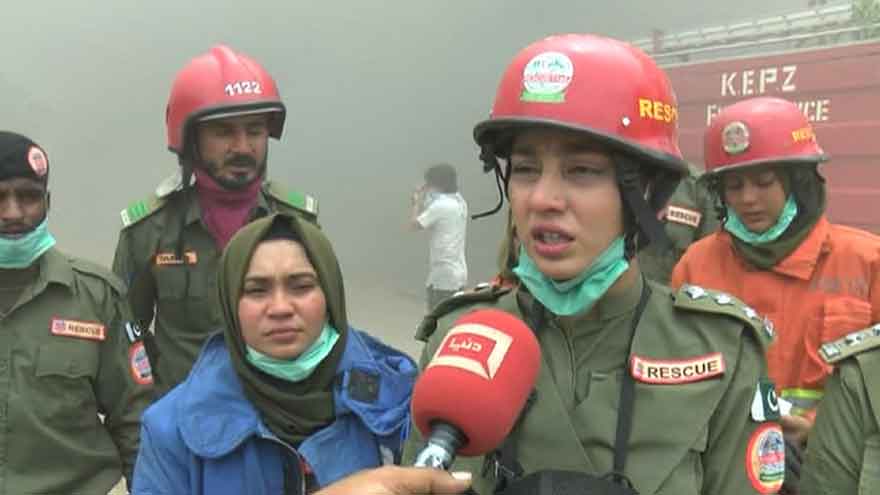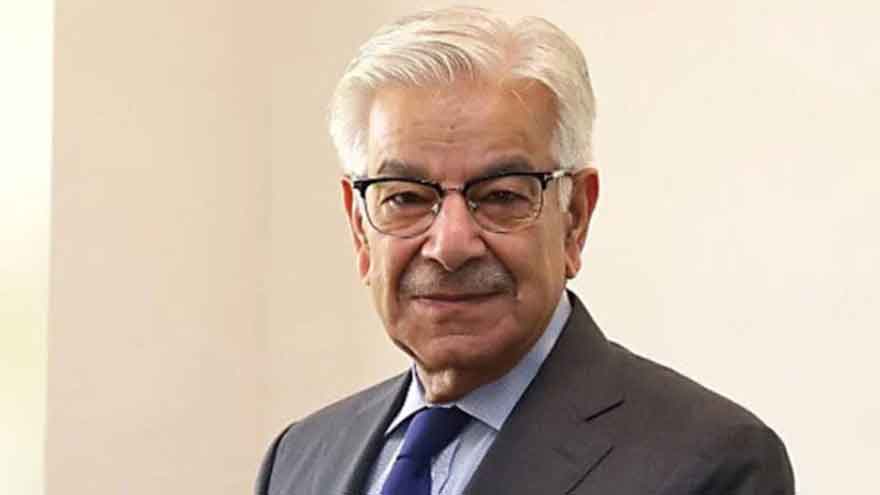Political Parties in Pakistan Mandated to Field 5% Women Candidates for General Seats

Islamabad: In a move aimed at boosting female political participation, the Election Commission of Pakistan (ECP) has announced a mandatory 5% quota for women candidates on general seats in the upcoming 2024 general elections.
This requirement applies to all political parties that have been allotted electoral symbols under Section 206 of the Elections Act, 2017. The ECP spokesperson, in a statement issued on Sunday, urged all concerned parties to submit their lists of male and female candidates vying for general seats within five days of the press release's issuance.
This decision marks a significant step towards increased female representation in Pakistani politics, a domain traditionally dominated by men. While previous efforts like reserved seats for women have existed, this mandate for general seats directly impacts major parties and their candidate selection processes.
Proponents of the quota laud it as a crucial step towards achieving gender equality in Pakistan's political sphere. They argue that it will not only provide more opportunities for women to enter politics but also ensure their voices are heard on issues that directly affect them and their communities.
However, some critics voice concerns regarding the potential for tokenism and the possibility of parties fielding unqualified female candidates simply to fulfill the quota. They emphasize the importance of meritocratic selection alongside efforts to encourage and empower women aspiring to political careers.
The ECP's announcement is bound to spark debate and discussion in the lead-up to the 2024 elections. Whether this mandate truly translates into greater female representation and meaningful participation in Pakistani politics remains to be seen. The onus now lies on political parties to adapt their candidate selection processes and ensure they field competent and deserving female candidates who can effectively represent their constituencies.




